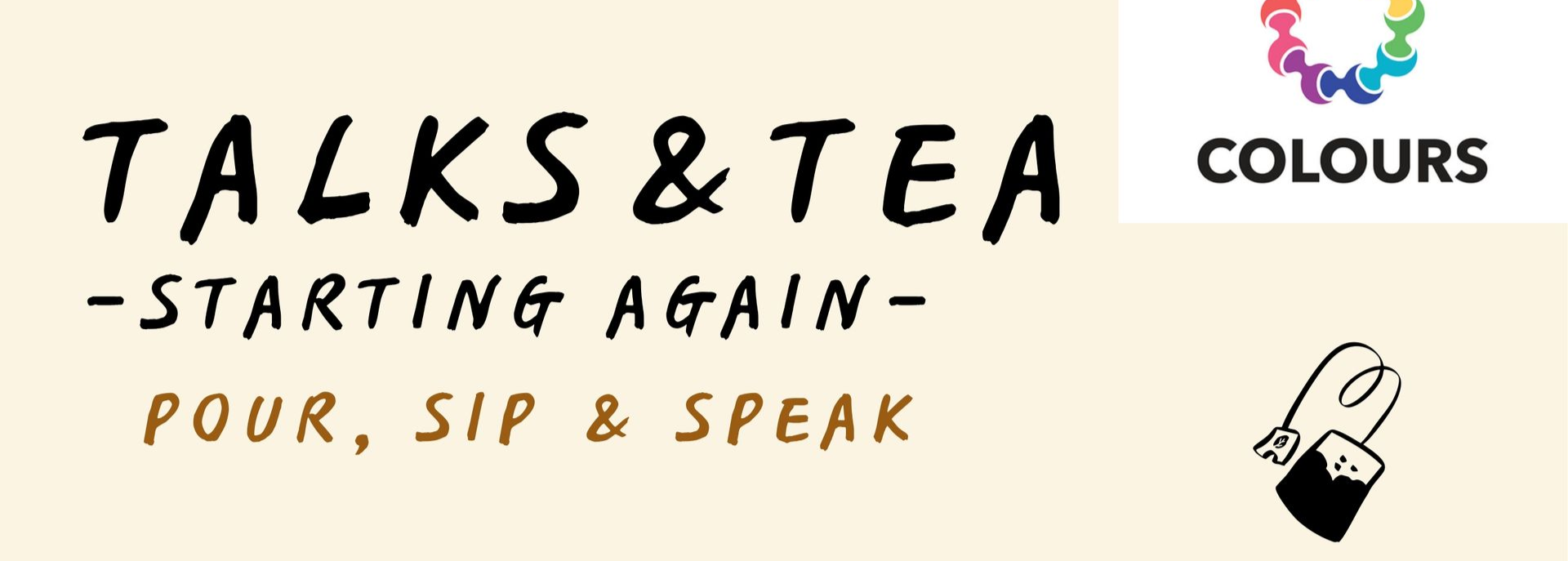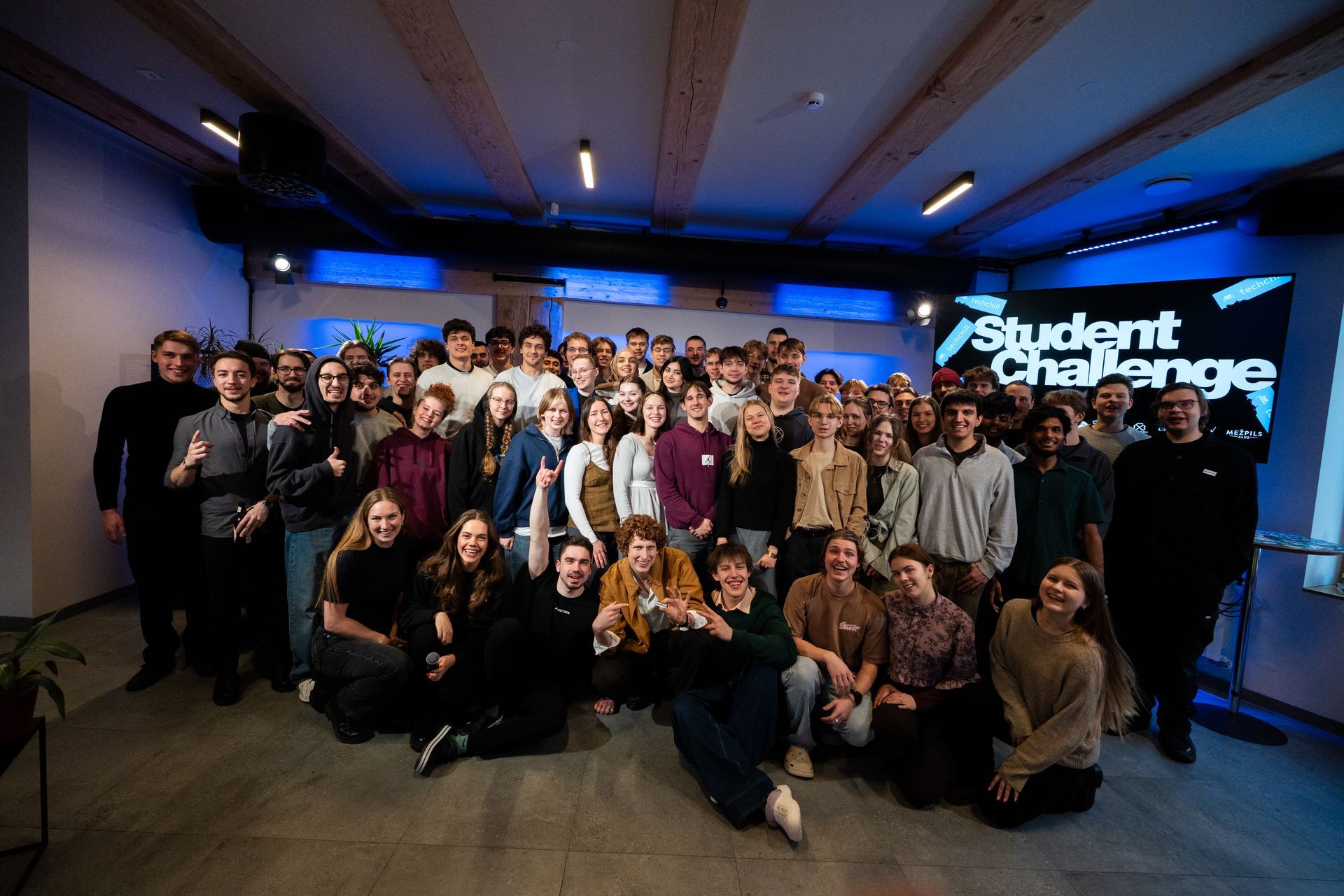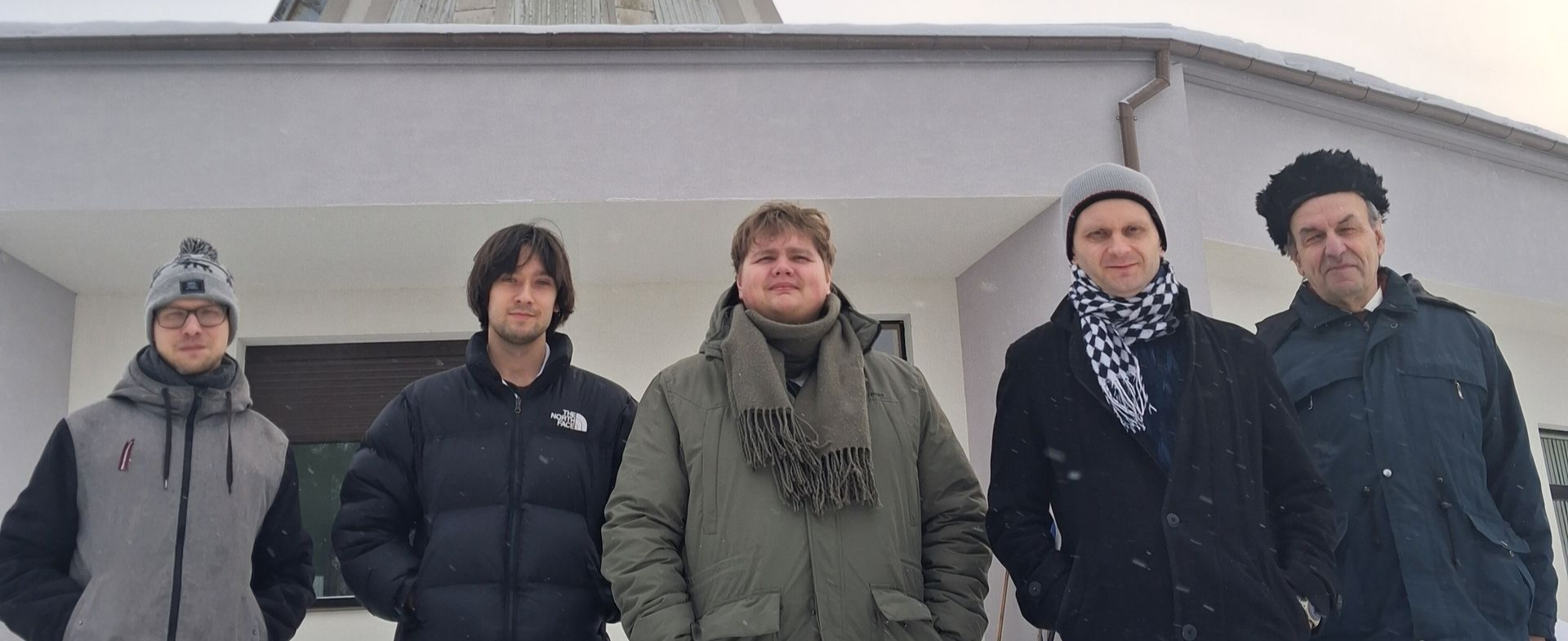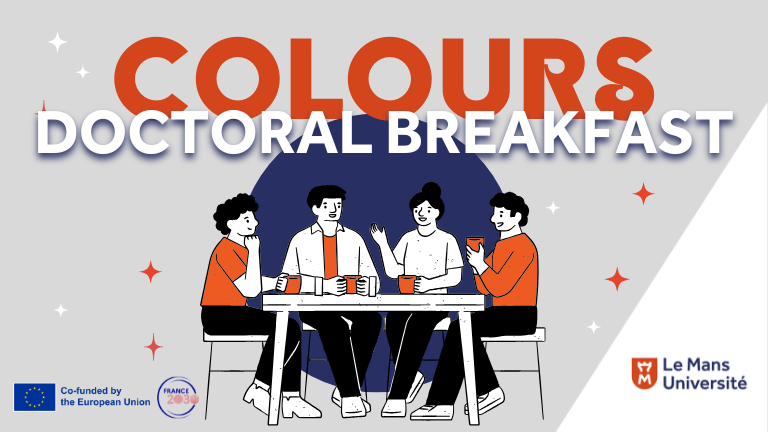Marta Anete Vinniņa's Erasmus Success Story at the Tartu Observatory
My name is Marta, and I am a 4th-year student who spent last year outside Latvia, completing my studies at the Tartu Observatory in Estonia. I chose to participate in Erasmus mobility because I believe it is a unique opportunity every student should take advantage of. Firstly, it is a chance to broaden your horizons by experiencing the culture of another nation and achieving personal growth. Living outside our beloved Latvia (even if it's just Estonia) brings various challenges and situations, some of which can only be overcome with determination. Secondly, it is an opportunity to represent Latvia and your university internationally while building new networks that will undoubtedly be useful in the future. Thirdly, in my case, it was a chance to gain insight into the real working world and the industry related to my studies.
Regarding my experience with Ventspils University of Applied Sciences and the Tartu Observatory, I can only share positive feedback, Ventspils University of Applied Sciences provided guidance on the necessary documents and insights into the experiences of previous interns. My coursemates and I were also encouraged to apply for Erasmus placement mobility by the program director, Jānis Šate, and senior students who had previously interned at Tartu. Additionally, collaboration with the Tartu Observatory was, in my opinion, very successful—my supervisor, Kaspars Laizāns, was highly supportive throughout the placement, helping to resolve various issues of different scales and importance. Weekly meetings with the project team were held to address problems collectively and offer support with internship tasks. However, it is worth noting that my internship work was part of a project that the team had only recently started, so the work organization process was somewhat chaotic.
This placement period was undoubtedly filled with benefits, both academically and personally. One of the key advantages was the opportunity to work on a European-scale project—the lunar rover “Kuupkulgur,” which, in my opinion, has significant potential for the future. It was also valuable to gain experience working in an international team where each team member had a master's or even doctoral-level education in their field. Among the main personal gains were improved financial and time management skills. My coursemates and I lived in Tartu, while the observatory was about a 25-minute drive away by car. Another personal gain was the opportunity to live outside Latvia and, more importantly, outside my family home, as I have lived in Ventspils with my family since childhood.
I must say that Estonian culture is noticeably different from Latvian culture, even though Estonia is our neighboring country. The first surprise was that nearly everyone at the Tartu Observatory wore slippers, with some even going barefoot. Initially, I was hesitant, but as the weather outside got colder, I also started wearing slippers at the observatory. Next highlight was that saunas are very important to Estonians, and, of course, the Tartu Observatory has its own sauna. An unforgettable experience was related to Tartu itself—it truly is a student-friendly, well-organized city with various entertainment options and cafes serving delicious food (especially pancakes) and drinks. Many people in Tartu use rental e-bikes, even during the winter. In terms of food, I felt at home because nearly every store in Tartu offered our own “Kārums” cottage cheese snacks.
For those starting Erasmus study mobility, I would recommend planning your finances carefully. Proper budgeting will help you avoid unpleasant surprises at the end of your Erasmus mobility! Another tip is to thoroughly evaluate and choose your accommodation. While living closer to your Erasmus school or placement site might seem better, in my case, the observatory was located outside Tartu in a small town with limited entertainment and leisure options. I was glad my coursemates and I chose to live in Tartu instead. Lastly, don’t hesitate to ask for help if something goes wrong or is unclear—Erasmus students are warmly welcomed and supported.
Overall, I am very grateful for this opportunity and the experience I gained during my Erasmus placement mobility, and I will certainly recommend this opportunity to other students!
Share on other platforms
Other news







